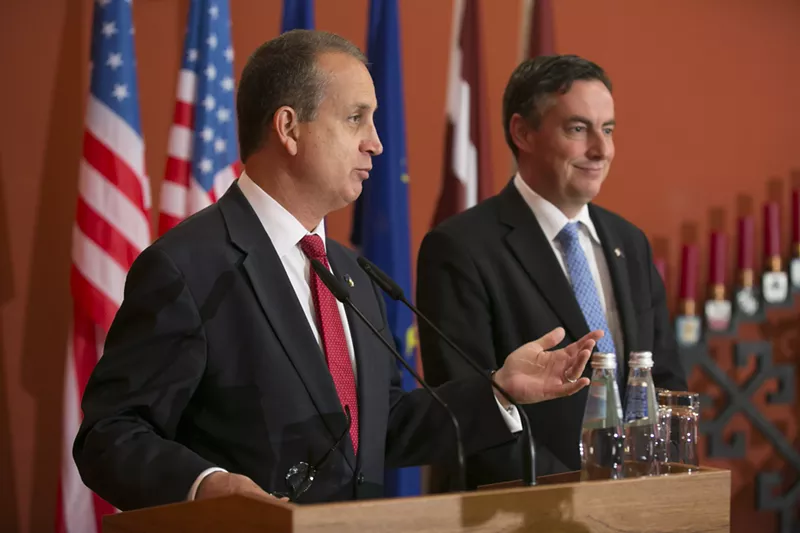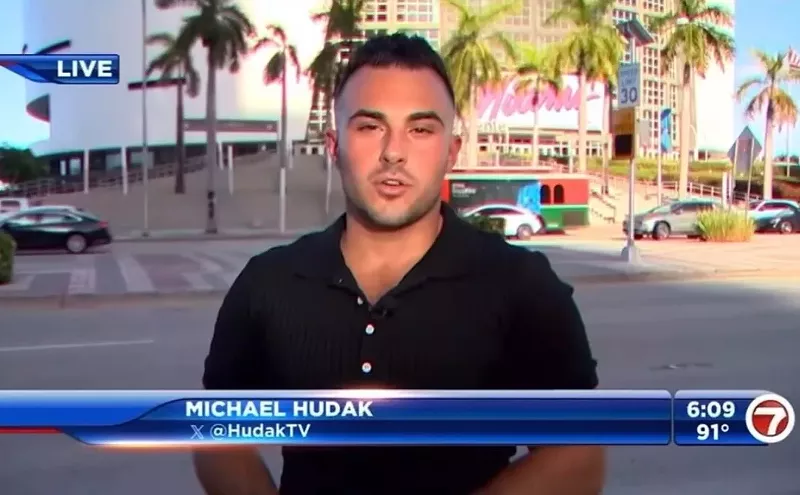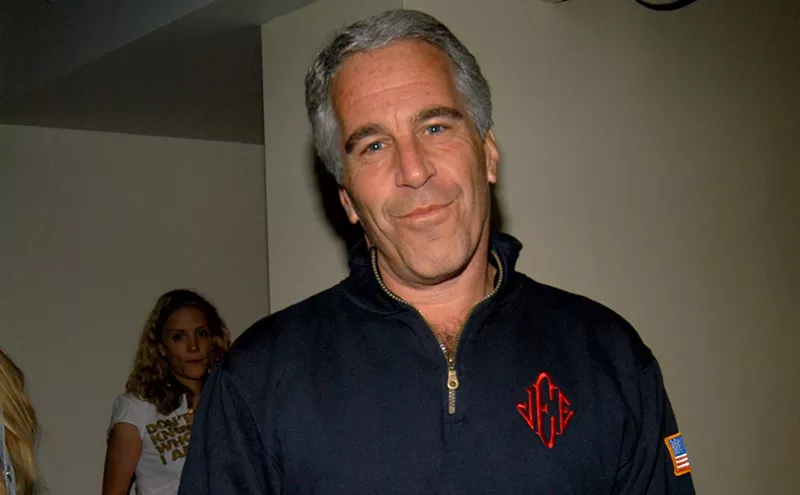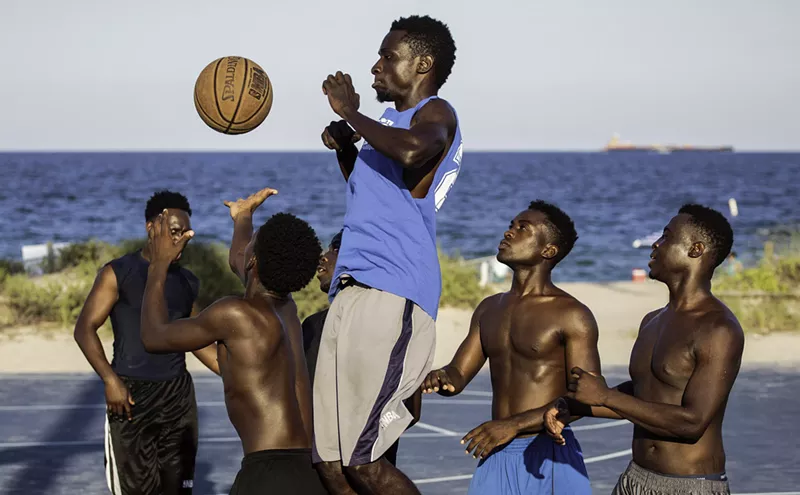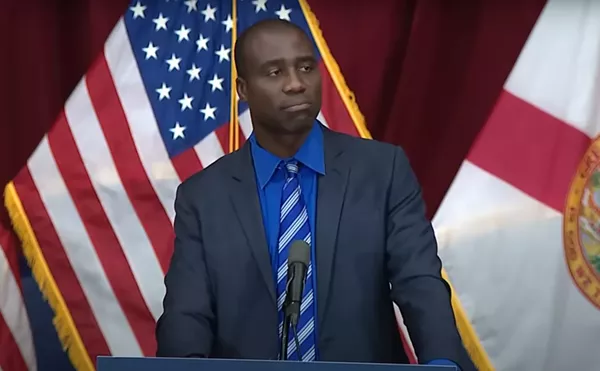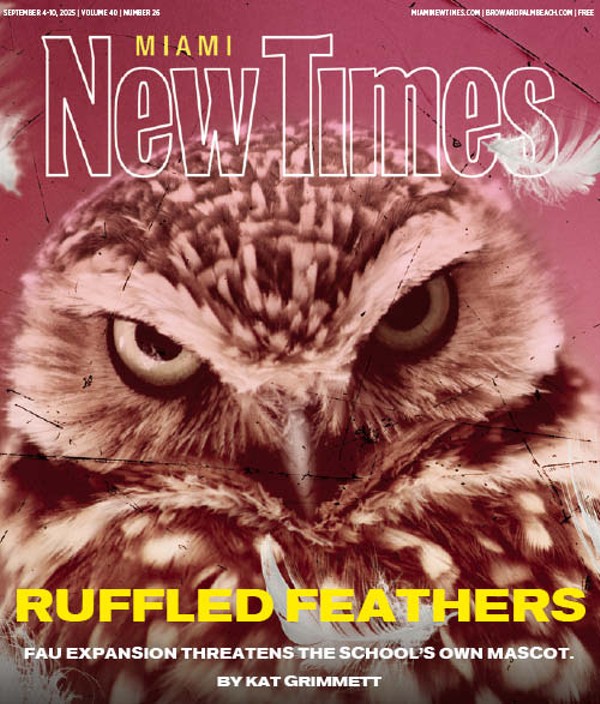Yesterday, Diaz-Balart made yet another factually dubious Cuba-related statement: He compared President Donald Trump's Muslim travel ban and Syrian refugee bans to President Barack Obama's decision to end the Cuban "wet foot, dry foot" immigration policy in December. Diaz-Balart claimed people who cheered Obama's executive
But here's the thing: Those two decisions aren't even remotely similar. At all. And now, Diaz-Balart is rightfully getting lambasted for peddling nonsense to his constituents.
Consider for a moment just the dumbness of this comparison.Saying "Wet Foot Dry Foot" is similar to @POTUS's ban is like saying broccoli = candy bc both r food. It's misleading, should be retracted. pic.twitter.com/IgGrmQAbEP
— Giancarlo Sopo (@GiancarloSopo) January 30, 2017
Politicians of both parties had long said the wet-foot, dry-foot policy was far too preferential to Cuban-Americans. While the Castro regime still denies its citizens many human rights, Cuban-Americans are now mostly able to travel freely between the U.S. and Cuba despite their official status as "refugees."
Plus, unlike Trump, Obama did not issue any blanket ban on Cuban immigration or Cuban refugee resettlement. In fact, multiple Cuban refugee programs are still operating in the States, including laws that let Cuban immigrants who overstay their visas obtain legal residency, as well as laws helping the families of Cuban immigrants migrate to the States permanently.
"Wet foot, dry foot" was simply one illegal-immigration policy amid a host of other Cuban-American resettlement rules. The Cuban-American Reunification Parole Program, which lets families of Cuban-Americans immigrate to the States without even waiting for visa approval, still remains in effect.
Likewise, the Cuban Adjustment Act of 1966, which lets the U.S. attorney general give Cuban immigrants green cards if they've remained in the States for a single year, remains in effect, but only for Cubans who entered the U.S. with legal visas.
Cuban nationals are the only immigrants in the world given these rules, no questions asked: The human rights situation in Cuba certainly is dangerous, but for residents of any other nation (provided they aren't admitted as refugees), obtaining a green card is typically a long, arduous process.
Trump, meanwhile, has temporarily banned all citizens of Iraq, Iran, Syria, Somalia, Sudan, Libya, and Yemen from even entering the United States and has indefinitely banned all refugees migrating from Syria. Period. Unlike Cuba, the countries on Trump's list — especially Iraq and Yemen — have been peppered with American bombs.
So the two presidents' actions aren't remotely "similar."
Giancarlo Sopo, a Cuban-American political consultant in Miami, asked the Diaz-Balart to take back his remarks.
"We're a diverse community of immigrants, so I hope the Congressman retracts this misguided statement," Sopo said via email. "When the children of immigrants take an elevator to the top floor, we're supposed to send it back down for other people. Moreover, the comparison between President Trump's immigration action and the elimination of 'wet foot, dry foot' is inaccurate. Even without the latter, Cubans still enjoy the most generous immigration benefits in the world, and there was never a suspension of refugee applications or a travel ban on Cuban nationals as there now is for people from seven Muslim countries."

